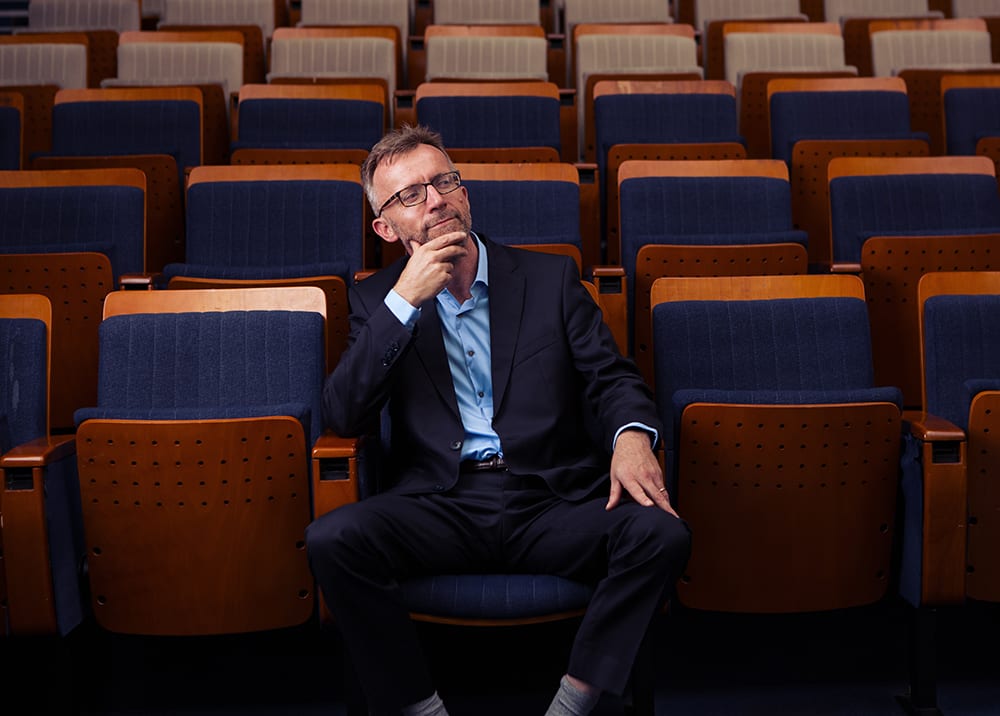Personal mastery is defined by Peter Senge in his book the Fifth Discipline as “the discipline of continually clarifying and deepening our personal vision, of focusing our energies of developing patience and of seeing reality objectively”.
Leaders with high levels of personal mastery are continually expanding their ability to create the results in life they truly seek. From their quest for continual learning comes the spirit of the learning organisation.
When personal mastery becomes a discipline – and an activity that we integrate into our lives – it embodies two underlying movements.
- Continually clarifying what is important to us
- Continually learning how to see current reality more clearly
The characteristics of leaders with high levels of personal mastery include being acutely aware of their own ignorance, their incompetence and their growth areas, while simultaneously being highly self-confident.
Therefore the essence of personal mastery is learning how to generate and sustain a sense of creative tension in our lives. Creative tension is a force that comes into play the moment we acknowledge a vision of the future that is at odds with current reality.
Creative tension is a positive force that moves us towards action. Its shadow is emotional tension – a sense of anxiety that our vision is unrealistic and which in turn creates a compulsion to lower our vision.

Mastery of creative tension transforms how we perceive obstacles and difficulty. Instead of seeing obstacles in the way, we see then on the way. This is because the truly creative person knows that all creating is achieved through working with constraints. Without constraints there is no creating.
The most effective leaders with high levels of personal mastery are those who can “hold” their vision while remaining committed to seeing the current reality clearly. As Senge notes “it’s not what the vision is that matters; it’s what the vision does…”
Leaders intent on building shared visions must be willing to continually share their personal vision. They must also be prepared to ask – “will you follow me?”As such it requires the capacity to be highly vulnerable.
If you would like to discuss how these inspiring and powerful ideas might apply to your leadership – contact me now.
Read about the 5 types of intelligence required for the 2020s..

Share this on...